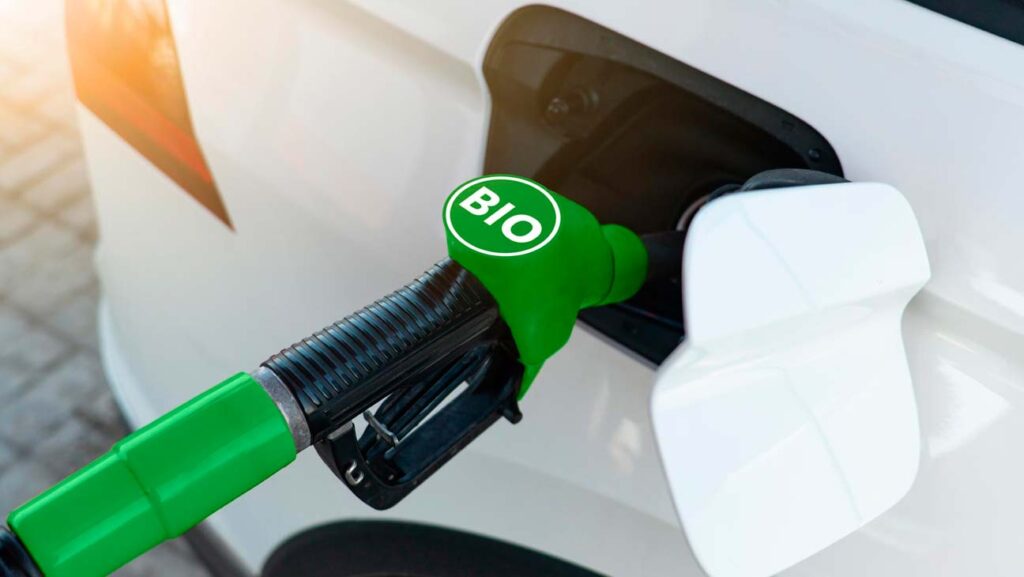Fat animal produces biodiesel of lower carbon intensity when compared, for example, to what is produced from soy

In the context of the constant search for cleaner and more renewable energy sources, biofuels emerge as a promising alternative to the use of fossil fuels. When we talk about low-carbon fuel, sugar cane, corn, soy and other legumes and oilseeds come to mind. However, animal fat has been gaining ground as a raw material for biodiesel, biokerosene and green diesel.
Considered waste from livestock farming, animal fat, especially beef tallow, offers lower-cost inputs and helps reduce environmental impacts. The use of biofuels reduces the carbon footprint of diesel and kerosene, avoiding their disposal in the environment. It is possible to use oils from fish, poultry, lard and even used cooking oil.
The Ministry of Mines and Energy (MME) has an important role. He supports public policies to improve energy efficiency. In addition, it works to reduce greenhouse gas emissions in the biofuels sector. One of them is RenovaBio, established by Law No. 13,576/2017, which aims to promote the expansion of low-carbon footprint biofuels in the national energy matrix. The initiative is in line with the country's choice as leader in the “Energy Transition” theme at the United Nations (UN) High-Level Dialogue on Energy.
Use of residues in the production of biodiesel
The use of bovine tallow in Brazil is, to a large extent, destined for the production of biodiesel. Just like soy, the predominant raw material in the production of biodiesel, bovine tallow also shows gains in the carbon footprint compared to diesel derived from petroleum.
In the country, according to the National Agency of Petroleum, Natural Gas and Biofuels (ANP), in 2022, about 7.8% of biodiesel production came from bovine tallow, resulting in a production of 509 million liters, facing a national market of 6 billion liters, approximately, in the period.
The Southeast region stands out in the production of bovine tallow, with 32.8% of this market in 2022. According to the Brazilian Agricultural Research Corporation (Embrapa), in Brazil, each ton of beef tallow can produce up to 800 liters of biodiesel. The carbon footprint of this fuel is smaller than that of soy biodiesel and much smaller than that of fossil diesel.
RenovaBio
Instituted in 2017 to develop the National Biofuel Policy (RenovaBio) and expand the use of biofuels in the Brazilian energy matrix, the program takes into account the relationship between energy efficiency and the reduction of greenhouse gas emissions, thus aiming to assist in the decarbonization of the Brazilian transport matrix, also contributing to energy security and market predictability.
Three strategic axes summarize the policy: define targets for reducing GHG emissions, certify the production of biofuels and create the Decarbonization Credit (CBIO). Brazilian biodiesel emits around 70% less GHG than fossil diesel, based on Life Cycle Analysis (LCA) from well to wheel, which considers the measurement of emissions in the agricultural, industrial and fuel burning phases in engines.
How does animal fat become biofuel?
A chemical process called “esterification of esters and fatty acids”, therefore, transforms natural oils, found in plants or animal fats, into biodiesel.
Furthermore, this happens when these oils react with alcohols in the presence of a special type of a catalytic agent.
As a result, this process results in a more environmentally friendly and renewable type of fuel that vehicle engines and generators that normally use fossil fuels can use.
Therefore, this fuel is more environmentally friendly, cleaner and causes less environmental impact.
Source: datagro












